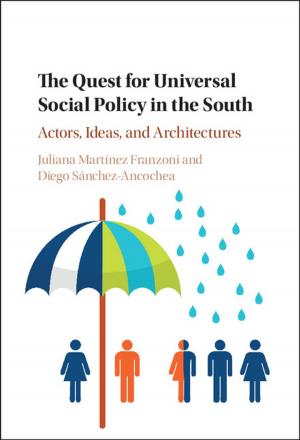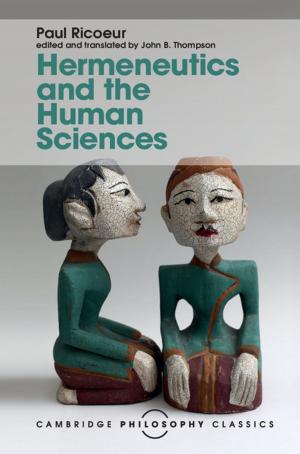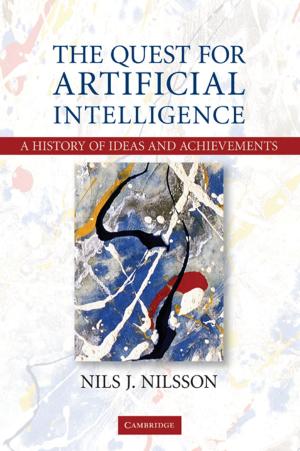Climate Change and the Contemporary Novel
Fiction & Literature, Literary Theory & Criticism, Theory, Nonfiction, Science & Nature, Nature| Author: | Adeline Johns-Putra | ISBN: | 9781108640473 |
| Publisher: | Cambridge University Press | Publication: | March 21, 2019 |
| Imprint: | Cambridge University Press | Language: | English |
| Author: | Adeline Johns-Putra |
| ISBN: | 9781108640473 |
| Publisher: | Cambridge University Press |
| Publication: | March 21, 2019 |
| Imprint: | Cambridge University Press |
| Language: | English |
Climate change is becoming a major theme in the contemporary novel, as authors reflect concerns in wider society. Given the urgency and enormity of the problem, can literature (and the emotional response it provokes) play a role in answering the complex ethical issues that arise because of climate change? This book shows that conventional fictional techniques should not be disregarded as inadequate to the demands of climate change; rather, fiction has the potential to challenge us, emotionally and ethically, to reconsider our relationship to the future. Adeline Johns-Putra focuses on the dominant theme of intergenerational ethics in the contemporary novel: that is, the idea of our obligation to future generations as a basis for environmental action. Rather than simply framing parenthood and posterity in sentimental terms, the climate change novel uses their emotional appeal to critique their anthropocentricism and identity politics, offering radical alternatives instead.
Climate change is becoming a major theme in the contemporary novel, as authors reflect concerns in wider society. Given the urgency and enormity of the problem, can literature (and the emotional response it provokes) play a role in answering the complex ethical issues that arise because of climate change? This book shows that conventional fictional techniques should not be disregarded as inadequate to the demands of climate change; rather, fiction has the potential to challenge us, emotionally and ethically, to reconsider our relationship to the future. Adeline Johns-Putra focuses on the dominant theme of intergenerational ethics in the contemporary novel: that is, the idea of our obligation to future generations as a basis for environmental action. Rather than simply framing parenthood and posterity in sentimental terms, the climate change novel uses their emotional appeal to critique their anthropocentricism and identity politics, offering radical alternatives instead.















